Every April, Augusta, Georgia, becomes the epicenter of the golf world as thousands of fans descend upon the city for the iconic Masters Golf Tournament. But alongside the green jackets and pristine fairways lies an often-overlooked financial gem: The Augusta Rule. This unique provision of the U.S. tax code allows homeowners to earn rental income—completely tax-free—under specific conditions. What began as a localized tax break has evolved into a powerful planning tool for savvy taxpayers across the country.
In this post, we’ll explore the origins of the Augusta Rule, how it works, and the creative ways individuals and business owners are using it to their advantage.
The Origins of the Augusta Rule: A Local Loophole Goes National
The Augusta Rule is formally known as Section 280A(g) of the Internal Revenue Code, and it traces its roots back to 1976. Its origin story is firmly planted in the lawns and living rooms of Augusta residents.
During the Masters, homeowners found they could earn significant income by renting out their properties to golf enthusiasts, sponsors, and even players. However, the IRS expected these residents to report this income—even if they only rented their homes for a few days. Frustrated by what they saw as an unfair tax burden on limited-use income, Augusta locals successfully lobbied Congress for relief.
The result? A unique carve-out in the tax code designed to support homeowners who occasionally rent out their primary residences.
What the Augusta Rule Actually Says
The rule is refreshingly straightforward, especially by IRS standards:
- If a taxpayer rents out their personal residence for 14 days or fewer in a calendar year,
- Then the rental income is completely tax-free—it doesn’t even need to be reported on your tax return.
- In exchange, the taxpayer cannot deduct any expenses related to the rental, such as cleaning, maintenance, or utilities.
So whether you’re charging $200 or $10,000 per night, all of it is excluded from taxable income—as long as the total rental period doesn’t exceed 14 days in the year.
A Rule Designed for Golf, But Ready for Prime Time
While the rule was originally tailored to help homeowners in Augusta during the Masters, or cities hosting high-traffic events like the Super Bowl, its utility has grown far beyond major sports tournaments.
Thanks to platforms like Airbnb and Vrbo—and some clever tax planning—people across the country are now using the Augusta Rule in a variety of ways, including:
1. Vacation Rentals During Peak Season
Live near a beach, ski resort, or college town during homecoming weekend? Homeowners can earn significant short-term rental income during high-demand periods and still remain under the 14-day threshold.
2. Hosting Events
Some property owners rent out their homes for weddings, photo shoots, or local festivals—timing their rentals to take advantage of brief, high-paying opportunities.
3. Business Use: The Ultimate Tax Hack
Here’s where things get really interesting: Business owners can rent their personal homes to their own businesses for meetings, strategy sessions, or staff retreats.
As long as:
- The event has a valid business purpose,
- The rental rate is reasonable (based on local fair market value),
- There is proper documentation (invoice, calendar entry, meeting minutes, etc.),
Then the business can deduct the expense, and the homeowner (often the business owner themselves) receives tax-free income.
Let’s say your business holds a quarterly planning meeting at your home. If you charge $2,000 per day and do this four times per year (and no other rentals), you just legally received $8,000 in tax-free income. Meanwhile, your business gets to deduct $8,000 in meeting expenses. That’s a win-win.
Key Considerations and Caveats
While the Augusta Rule offers an attractive opportunity, here are a few things to keep in mind:
- 14 Days Is a Hard Cap: Even one day over 14 makes all the income taxable.
- No Partial Deductions: Unlike other rental scenarios, you can’t deduct any rental-related expenses if you’re claiming this tax-free treatment.
- Personal Use Requirement: The property must be used as a personal residence. That means you live there for part of the year and it’s not classified as a full-time rental.
Documentation Matters: If you’re renting to your business, treat it like any other business transaction. Maintain records, document the fair market rental rate, and keep receipts.
A Powerful Planning Tool in Disguise
At first glance, the Augusta Rule might seem like a quirky loophole. But in reality, it represents a rare opportunity for tax-free income, especially in today’s economy where maximizing every financial lever matters.
For homeowners, especially those in desirable locations or those who own a business, this rule can create significant value each year. Even if you only use it once or twice annually, the cumulative benefit over time can be substantial.
Whether you’re hosting a family renting your home during a big local event, or planning your next quarterly meeting with your team around your dining room table, the Augusta Rule is a strategy worth considering.
Final Thoughts
The Augusta Rule serves as a prime example of how a hyper-local tax fix can evolve into a national financial strategy. It rewards homeowners who use their property strategically and offers a rare slice of tax-free income in a world where almost nothing escapes taxation.
If you own a home and have opportunities to rent it occasionally—especially to your own business—this rule could be your secret weapon for smarter tax planning.
Before implementing the Augusta Rule strategy, especially in a business context, consult a tax professional to ensure compliance and optimize your approach.


